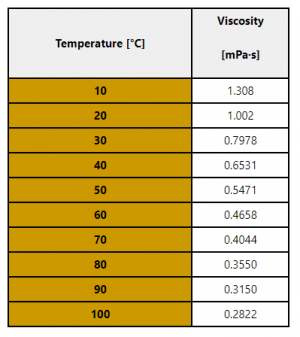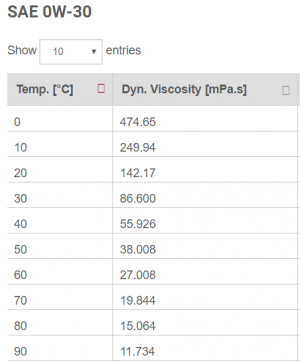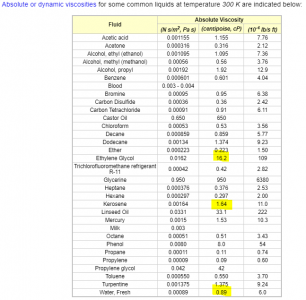- Joined
- Oct 29, 2012
- Messages
- 1,328
Building a DIY/hobbyist waterjet table has long been a dream of mine. I'll get obsessed with it and stay up late for a week straight looking at high pressure pumps and whatnot, then drop it, and a few months later, back for more. There are some pressure washer pumps out there that would do for a very light duty machine but above about 5,000PSI there isn't a whole lot more available as far as water pumps go, until you get into the 60kPSI pumps that are designed for commercial jet cutting operations.
I've tossed around the idea of using hydraulic pumps though, there would be some modifications required and/or dramatically reduced life expectancy pumping water through them instead of oil. Then for the first time today I asked myself, why try to pump water through them? Why not just pump oil? There are some very low viscosity oils out there now. Many newer cars use 0W-20 oil which feels like water on the skin. I don't see why that couldn't carry garnet and work just as well as water. I googled, could find no evidence to the existence of, or discussion about high pressure oiljet cutting.
Usually when I have a hairbrained idea, I google, and confirmation of the idea manifests itself as such:
- great idea: Someone patented it 75 years ago and it's been for sale ever since; I just never heard of it. I came up the idea on my own, too late.
- good/"ok" idea: someone patented it 75 years ago and it worked as advertised but didn't sell well (or sell for long) because a better solution exists (or came along shortly after).
- bad idea: some dingus tries it every 10 or 20 years and blows his thumbs or testicles off and it makes the news, a paper trail of documentation of just how bad this idea is.
- red flag: google results are nil. Crickets chirping. Either there is in fact at least one new idea under the sun (we all know that's not true) or the idea is so terrible that not even an idiot ever attempted it.
That's where I'm at: red flag. If using oil was feasible then wouldn't waterjet manufacturers be making oiljet machines instead of waterjet machines? everything would be simpler. No stainless/special metals/special seals/etc. A high pressure hydraulic pump is all you need. Too simple. There must be a "gotcha" that's obvious to everyone but me. What is it?
I know 0W oil is expensive. A commercial waterjet tank full to the brim with 0W oil would probably be worth more in oil than in hardware. But there's no reason the entire tank has to be full of oil. The tank could still be full of water, just have a layer of oil that rides on top, and a skimmer/separator to strip it off and feed it back to the pump.
I've tossed around the idea of using hydraulic pumps though, there would be some modifications required and/or dramatically reduced life expectancy pumping water through them instead of oil. Then for the first time today I asked myself, why try to pump water through them? Why not just pump oil? There are some very low viscosity oils out there now. Many newer cars use 0W-20 oil which feels like water on the skin. I don't see why that couldn't carry garnet and work just as well as water. I googled, could find no evidence to the existence of, or discussion about high pressure oiljet cutting.
Usually when I have a hairbrained idea, I google, and confirmation of the idea manifests itself as such:
- great idea: Someone patented it 75 years ago and it's been for sale ever since; I just never heard of it. I came up the idea on my own, too late.
- good/"ok" idea: someone patented it 75 years ago and it worked as advertised but didn't sell well (or sell for long) because a better solution exists (or came along shortly after).
- bad idea: some dingus tries it every 10 or 20 years and blows his thumbs or testicles off and it makes the news, a paper trail of documentation of just how bad this idea is.
- red flag: google results are nil. Crickets chirping. Either there is in fact at least one new idea under the sun (we all know that's not true) or the idea is so terrible that not even an idiot ever attempted it.
That's where I'm at: red flag. If using oil was feasible then wouldn't waterjet manufacturers be making oiljet machines instead of waterjet machines? everything would be simpler. No stainless/special metals/special seals/etc. A high pressure hydraulic pump is all you need. Too simple. There must be a "gotcha" that's obvious to everyone but me. What is it?
I know 0W oil is expensive. A commercial waterjet tank full to the brim with 0W oil would probably be worth more in oil than in hardware. But there's no reason the entire tank has to be full of oil. The tank could still be full of water, just have a layer of oil that rides on top, and a skimmer/separator to strip it off and feed it back to the pump.




